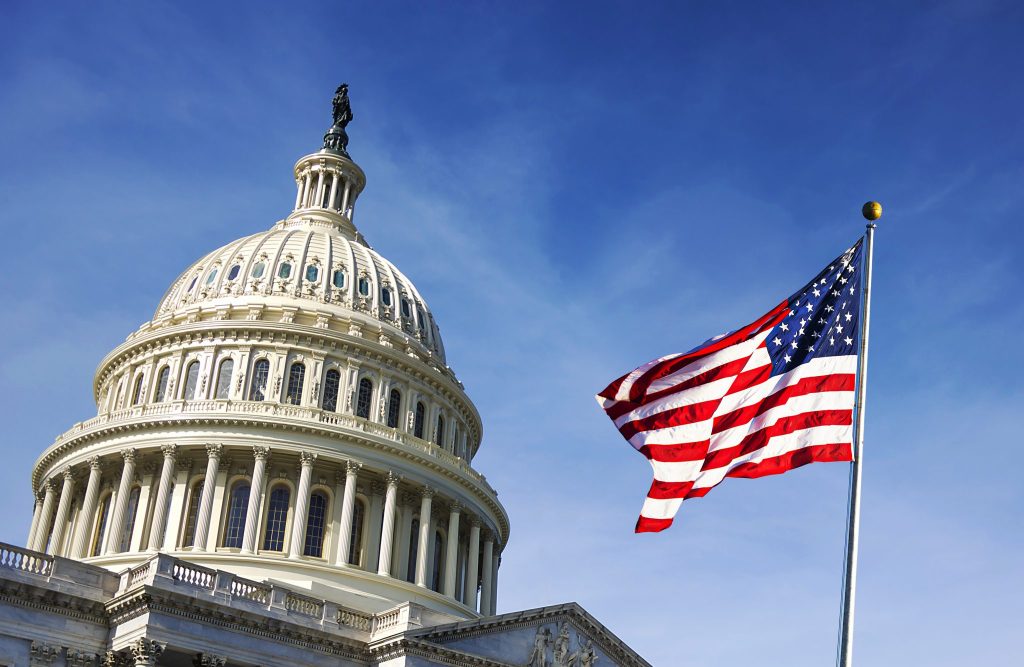
Many businesses are in their second regular business day after the President declared a national emergency on Friday. Federal, state and local governments bodies and agencies are also responding to the declaration of a national emergency and the coronavirus crisis with continual and evolving recommendations and guidelines. Like you, all business are developing plans for how they will conduct business in the coming days, weeks and months.
Update from Tuesday Press Briefing
The President just finished a press briefing in Washington. Following are some notable observations from that press briefing and from the situation in general as it stands today:
- The Administration is working to send money directly to Americans with intent to lessen the economic fallout of the coronavirus situation. Treas. Secretary Mnuchin said the Administration is discussing the details but he mentioned a check of $1,000 or more being sent to many Americans within two weeks. The President added that “we’ll have a pretty good idea by the end of the day what we’re going to be doing.”
- On the prospects for a government deferral or automatic extension of the April 15, 2020 tax deadline for individual and business filings, the Treasury Secretary mentioned only allowing individual taxpayers to defer up to $1 million in payments for 90 days. The deferral limit for corporations will be $10 million, according to the Secretary. No mention of deferral or automatic extension of the due date was mentioned. Clarification will be needed on whether the deferral of payments without penalty or interest would be granted regardless of action by taxpayers, or whether the filing of returns and /or extensions to file returns would be required to qualify for the deferral or payment. We will provide further guidance in this area as soon as available. You might also reference https://www.irs.gov/coronavirus, Coronavirus Tax Relief, which at press time does not mention a deferral of payment or filing deadline, and https://www.irs.gov/newsroom.
Update regarding H.R. 6201, FAMILIES FIRST CORONAVIRUS RESPONSE ACT
The Families First Coronavirus Response Act (H.R. 6201) that passed the House on March 14th reached the Senate on March 16th and awaits action by the Senate, perhaps as soon as March 17th. The Bill as passed by the House will likely not be the bill that passes the Senate and eventually goes to the President for signature.
The content and details of the proposed legislation is evolving, and many have read other accounts or summaries of the bill. Therefore, we will not focus here on the exact details of the bill in a comprehensive way, but we will provide a complete analysis once the bill does pass and goes to the President, who has said he will sign.
For those not yet familiar with the bill, some of its major provisions include:
- Several sections of the bill would amend for a one-year period the Family and Medical Leave Act of 1993 to provide employees of employers with fewer than 500 employees and government employers, who have been on the job for at least 30 days, with the right take up to 12 weeks of job-protected leave under the Family and Medical Leave Act to be used for several coronavirus-related reasons. Related provisions provide mechanisms for employers to recover some of the costs from sick leave wages and family leave wages through payroll tax credits. These provisions which might be of utmost importance to businesses in understanding their impact from the bill, are also the provisions that are raising the most discussion in Congress and most likely to change, perhaps significantly. Updates will be forthcoming.
- Reimbursement for Diagnostic Testing and Services for COVID-19 in Uninsured Individuals – Includes $1 billion for the National Disaster Medical System to reimburse the costs of COVID-19 diagnostic testing and services provided to individuals without health insurance.
- Coverage of Testing for COVID-19 in Insured Individuals – requires private health plans to provide coverage for COVID-19 diagnostic testing, including the cost of a provider, urgent care center and emergency room visits in order to receive testing. Coverage must be provided at no cost to the consumer.
- Food and Nutrition Service – funding of $500 million to provide access to nutritious foods to low-income pregnant women or mothers with young children who lose their jobs or are laid off due to the COVID-19 emergency; $400 million to assist local food banks to meet increased demand for low-income Americans during the emergency.
The accounting, tax and general business implications of COVID-19 is a rapidly evolving situation and BMSS will provide updated and/or revised information as it becomes available. Some information that we provide, for example, updates on the progress, passage, and contents of The Families First Coronavirus Response Act, may raise legal implications in addition to tax and accounting issues. Our mention of any such matters is for general information purposes and not intended to be legal advice. We encourage you to consult with your legal counsel on such matters.
